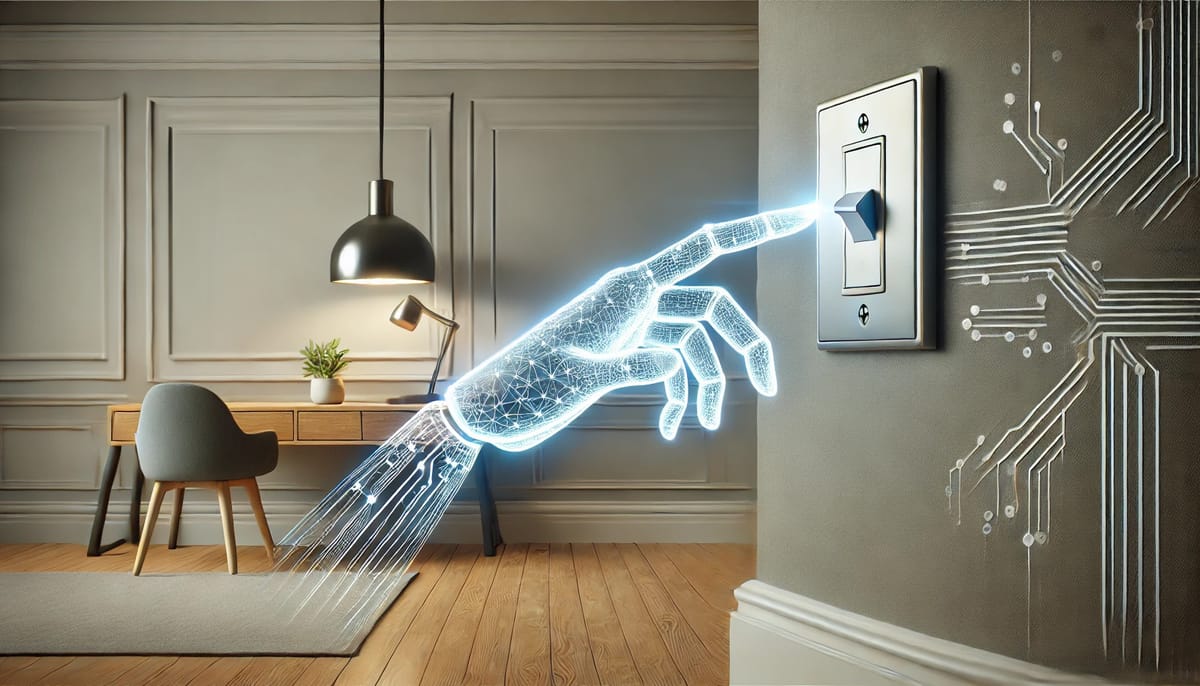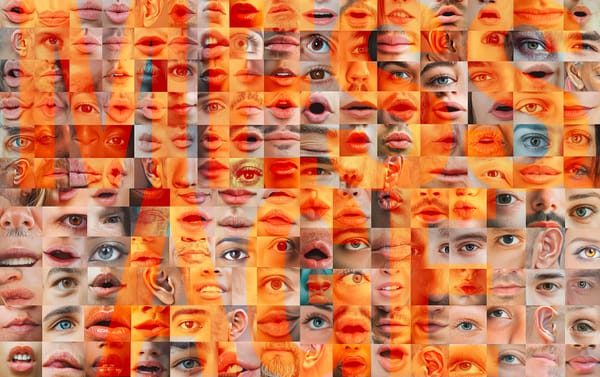Unleashing the power of AI in everyday life
Discover how artificial intelligence (AI) is revolutionizing daily life, from smart home devices and personalized healthcare to entertainment and autonomous vehicles. Explore the limitless potential of AI in shaping a smarter, more efficient future while addressing ethical and societal implications.

Transforming the future with AI
In recent years, artificial intelligence (AI) has evolved from a futuristic concept into a tangible reality that permeates every aspect of our daily lives. From smart home devices to personalized recommendations on streaming platforms, AI is shaping the way we interact with technology. In this positive blog post, we'll explore the fascinating world of AI, its current applications, and how it's poised to transform our future.
What is AI and how does it work?
At its core, AI refers to the simulation of human intelligence in machines. These machines are designed to think, learn, and solve problems in a way that mimics human cognition. Machine learning, a subset of AI, involves training algorithms on large datasets to recognize patterns and make decisions. As these algorithms process more data, they become better at predicting outcomes and providing accurate results.
Everyday applications of AI
1. Smart Home Devices
- Voice Assistants: AI-powered voice assistants like Amazon's Alexa, Google Assistant, and Apple's Siri are transforming our homes into intelligent hubs. These devices can perform a variety of tasks, from setting reminders and controlling smart home devices to providing real-time information. Smart appliances, like refrigerators that create shopping lists and ovens that can be preheated remotely, are also becoming increasingly common.
- Smart Thermostats: AI-enabled thermostats learn your schedule and preferences to optimize heating and cooling, ultimately saving energy and reducing utility bills.
2. Healthcare
- Personalized Medicine: AI is playing a crucial role in healthcare by analyzing patient data to provide personalized treatment plans. Predictive analytics help in early detection of diseases, improving patient outcomes. Machine learning algorithms can analyze medical images, such as X-rays and MRIs, to detect diseases like cancer at earlier stages.
- Virtual Health Assistants: AI-driven health assistants offer medical advice, monitor symptoms, and even provide mental health support through apps and chatbots.
3. Entertainment
- Streaming Services: Platforms like Netflix and Spotify use AI to analyze user preferences and recommend content. This personalized approach enhances user experience by suggesting movies, shows, and music that align with individual tastes.
- Gaming: AI in gaming has advanced to create realistic non-player characters (NPCs) that learn and adapt, providing a more immersive experience for players.
4. Finance
- Fraud Detection: Banks and financial institutions leverage AI to detect fraudulent activities by analyzing transaction patterns and identifying anomalies.
- Robo-Advisors: AI-powered robo-advisors provide financial planning and investment advice, making financial services more accessible to a broader audience.
5. Transportation
- Autonomous Vehicles: Self-driving cars are one of the most promising and controversial applications of AI. While still in development, they have the potential to revolutionize transportation by reducing accidents, improving traffic flow, and increasing accessibility for those who cannot drive.
- Ride-Sharing: AI algorithms optimize ride-sharing services by matching passengers with drivers efficiently, reducing wait times and improving route planning.
The future of AI
As AI continues to evolve, its potential applications are limitless. Here are some exciting possibilities for the future:
- Education: AI can provide personalized learning experiences, adapt to individual student needs, and even assist in grading and administrative tasks.
- Workplace: AI-driven automation will streamline workflows, increase productivity, and create new job opportunities in tech-driven industries.
- Environment: AI can help tackle climate change by optimizing energy consumption, improving agricultural practices, and monitoring environmental changes in real-time.
The future of AI: A double-edged sword?
The potential of AI is immense. It could help us solve some of the world's most pressing challenges, such as climate change, disease, and poverty. However, it also raises significant ethical and societal concerns. Issues like job displacement, algorithmic bias, and the potential misuse of AI for malicious purposes need to be carefully considered and addressed.
Embracing AI responsibly
While AI offers numerous benefits, it's essential to address the ethical and societal implications. Ensuring data privacy, preventing bias in AI algorithms, and fostering transparency are critical steps in developing responsible AI technologies. Collaboration between governments, industries, and researchers will be vital in creating regulations and guidelines that promote ethical AI development.
Conclusion
AI is no longer a distant dream but a present reality that's transforming our world. By understanding and embracing its potential, we can harness the power of AI to create a smarter, more efficient, and more connected future. Stay tuned as we continue to explore the ever-evolving landscape of artificial intelligence and its impact on our lives.
Disclaimer: This blog post is intended for informational purposes only and should not be taken as financial, medical, or professional advice.
Note: This revised blog post incorporates factual information and addresses the potential negative impacts of AI. It also includes a disclaimer to clarify that it is not intended as professional advice.












